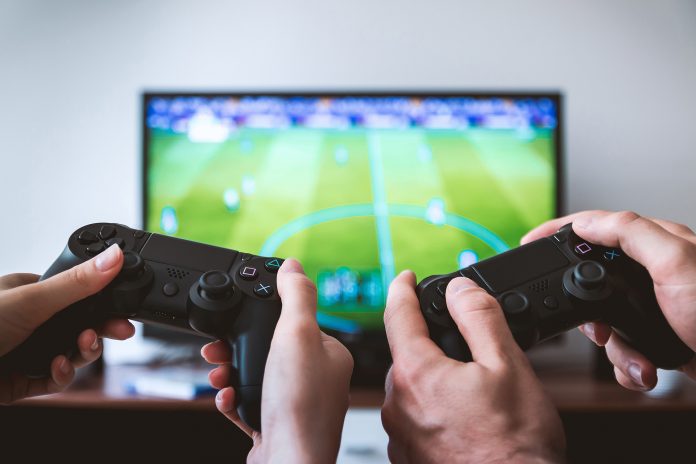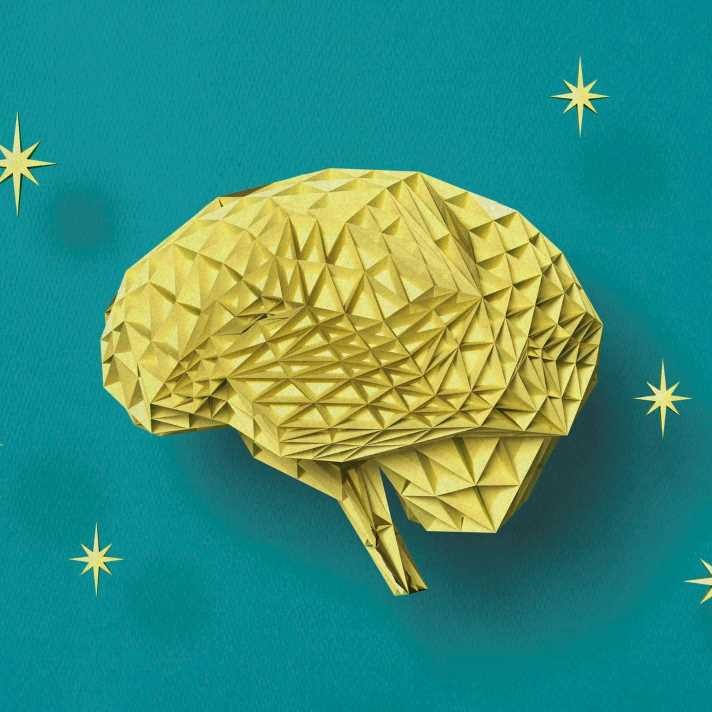Posts by The Conversation
Study finds that playing videogames may be more cognitively beneficial for children than other forms of screentime (social media, watching videos/ TV)
Many parents feel guilty when their children play video games for hours on end. Some even worry it could make their children less clever. And, indeed, that’s a topic scientists have clashed over for years. In our new study, we investigated how video games affect the minds of children, interviewing and testing more than 5,000 children…
Read MoreHow ’sleeping on it’ can help the prefrontal cortex regulate emotional responses, making us feel better in the morning
Instead of lying awake worrying, we’re often told to “sleep on it” when making decisions both big and small. And there’s actually a scientific basis for this advice. Sleep can influence our response to emotional situations, and helps us to manage our mental health. To understand why sleep and emotions are so connected, it’s important…
Read MoreStudy on the “ABCs of Mental Health” finds that simply believing you can improve mental wellbeing helps actually improve it
The number of people struggling with poor mental health and mental disorders has been rising around the world over the past few decades. Those who are struggling are increasingly facing difficulties accessing the kind of support they need – leaving many waiting months for help, if they even qualify for treatment. While it’s clear that…
Read MoreCollaborative neuroimaging initiative BrainChart helps chart how brains change across the lifespan
For decades, growth charts have been used by paediatricians as reference tools. The charts allow health professionals to plot and measure a child’s height and weight from birth to young adulthood. The percentile scores they provide, especially across multiple visits, help doctors screen for conditions such as obesity or inadequate growth, which fall at the…
Read MoreMapping ‘psychedelic trips’ in the brain to better direct their therapeutic effects
For the past several decades, psychedelics have been widely stigmatized as dangerous illegal drugs. But a recent surge of academic research into their use to treat psychiatric conditions is spurring a recent shift in public opinion. Psychedelics are psychotropic drugs: substances that affect your mental state. Other types of psychotropics include antidepressants and anti-anxiety medications.…
Read MoreOn brain folding and fitting 86 billion neurons inside our 1400 cc crania
The human brain has been called the most complex object in the known universe. And with good reason: It has around 86 billion neurons and several hundred thousand miles of axon fibers connecting them. Unsurprisingly, the process of brain folding that results in the brain’s characteristic bumps and grooves is also highly complex. Despite decades of…
Read More





